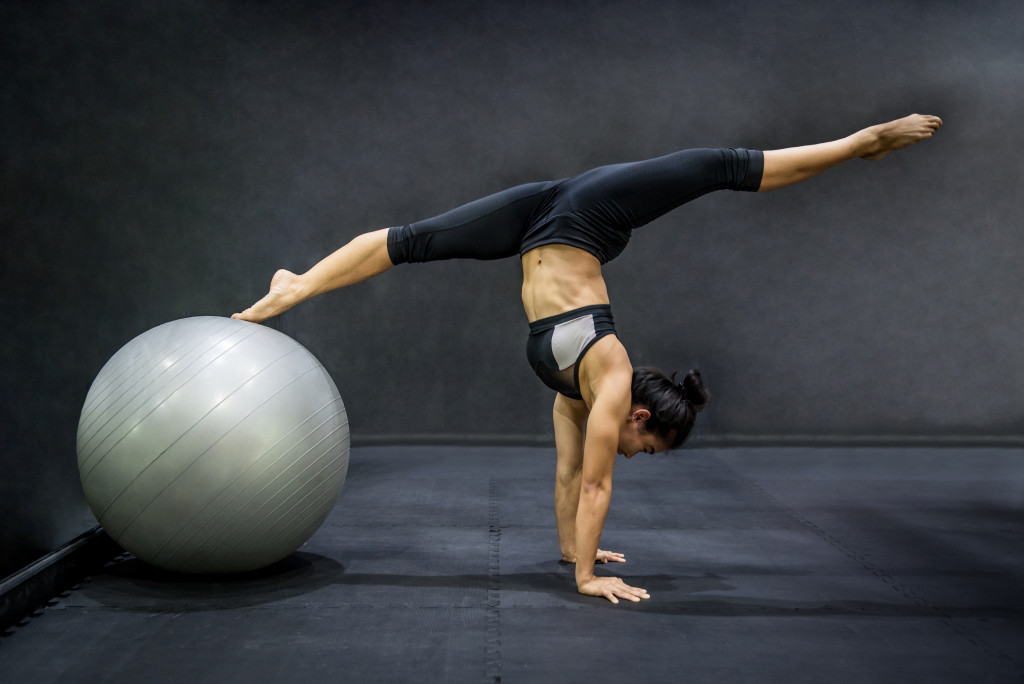Before the day of his final exams, Luke decided to do a 90-minute session in the afternoon. He went through his routine at one of the personal training gyms in his community, but halfway through his session, he decided to up his game by adding a few pounds to his weights and squeezing in a few more minutes on the treadmill. He went home feeling pumped up and fulfilled that he was able to reach new goals.
The following day, instead of feeling energized as he wanted to expect, he felt lethargic and heavy and was in no mood to sit at a desk and answer any exam questions.
So why did Luke feel tired the next day? Isn’t exercise supposed to give you more energy for the things you need to do in a day
Exercise and Your Brain
Everyone knows that getting a few minutes of exercise a day has many benefits for the body. It helps control your weight, decrease heart failure risk, and manage blood sugar levels. But what most people don’t know is that it also has a significant effect on the brain and how it functions. 15-20 minutes of exercise every day is known to help with certain mood disorders like depression. It stimulates your body by getting your heart rate up. And when this happens, the body releases different kinds of hormones that help regulate your mood, appetite, quality of sleep, the way you think, and yes, even the way you study.
Here’s what happens. The oxygen pumped into your body when you exercise nourishes your brain cells and enhances their development and growth. Nourished brain cells are the ones that function well when studying because they are the ones strong enough to retain memories, events, and any other information that your brain will choose to keep.
Exercise and Studying
If this is the case, why did Luke wake up tired and lethargic after a supposedly good session at the gym the day before?
Yes, exercise is good for us. But just like everything else, too much of anything is not good. Many of you have heard about the benefits of pushing your limits. This is a case-to-case situation. If you are an athlete training for a world championship, pushing your boundaries can be a good thing because this is what you do day in and day out. But if you’re a working student or in the middle of your master’s degree, pushing your physical limits may not work for acing your exams.

And Luke is the perfect example. While setting a goal of adding more pounds to his weight-lifting can be a good thing, doing it a day before his exams is not. Your physical body has limits for a reason. After going through a strenuous activity for the first time, your body will need time to recover. Recovery is not only for your tense muscles but also for your mind. As your body slowly acclimates to the feeling of being worked out more than usual, your brain also has to get used to those signals of stress and tiredness. And if your brain needs to work on sending these signals out, it might have trouble doing that together with reading and retaining words from a book.
The Balancing Act
Now, this is where your balancing act will commence. You are the one who knows your body best. You’re the only one who can feel when it can do more and when it’s time to take a breather. Find time to work around your lifestyle and your priorities to make exercise work for you.
If you know you’ll be having a free weekend, then go ahead and increase your workout goals. Do a few extra rounds of running around the block or test your limits on your time to hold a plank. Knowing that you’ll have the next day free to sleep in and recover should inspire you enough to do so. And if your next day’s schedule is a presentation with the big guys or a final exam, it’s better to keep a low-intensity exercise, the kind that’s enough to stimulate the right amount of energy to your brain.
So remember that the key to making exercise and learning work for you is to find that balance. Take some time to organize your week, especially if you know that it will be full. And even if you need to skip a day’s workout, don’t sweat it. Keeping your priorities in check will always help you enjoy the lifestyle you choose and reap the benefits of all your hard work.

